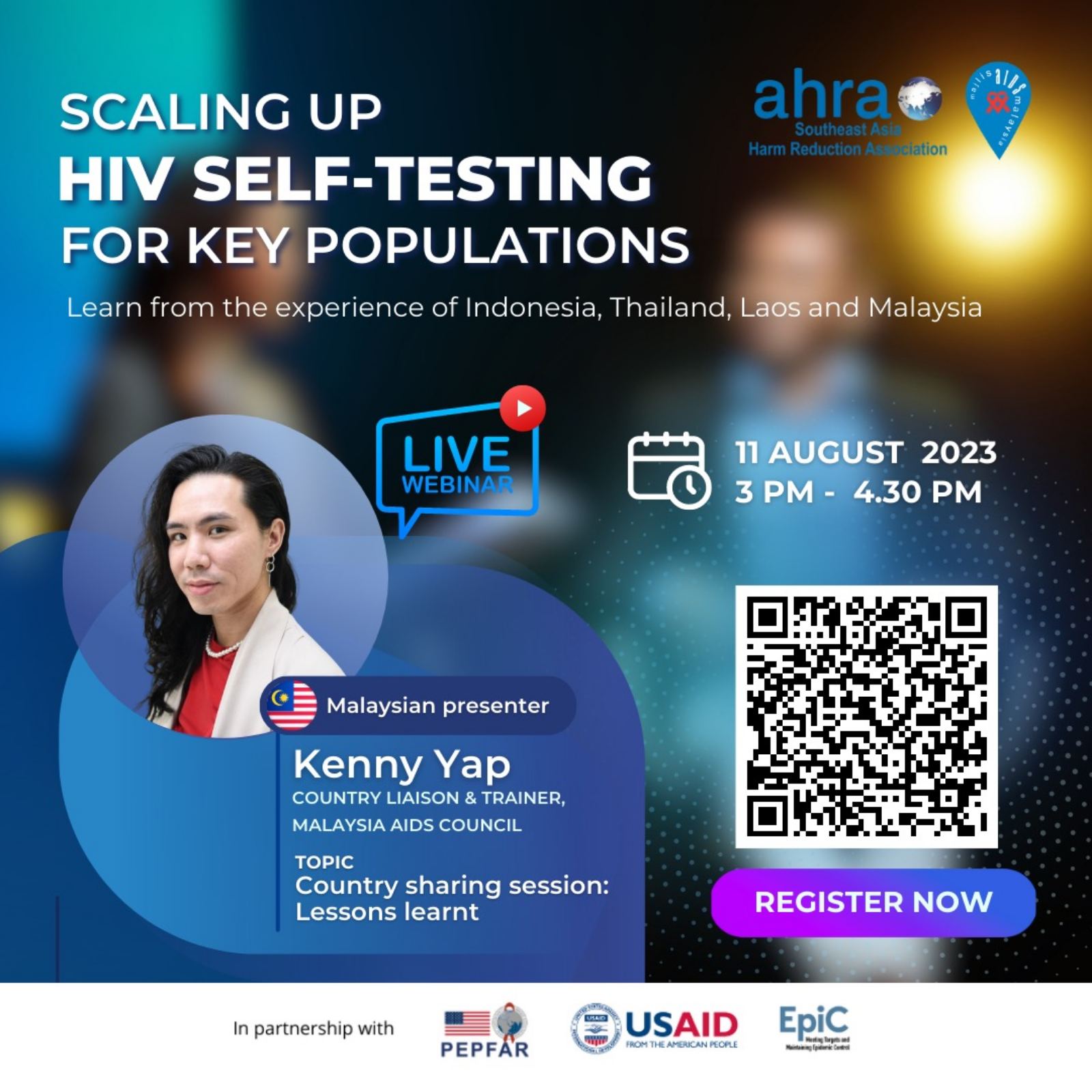Outreach activities are an essential component of community health programs, particularly in the context of harm reduction services. These activities involve reaching out to vulnerable populations to provide support, health promotion, and education on various health topics. Some key areas covered in outreach activities include:
- HIV and TB care: Outreach efforts focus on raising awareness about HIV and tuberculosis, promoting testing and treatment services, and providing information on prevention methods and adherence to medication.
- Sexual and reproductive health: Outreach activities include education on safe sexual practices, family planning, contraception, and addressing reproductive health concerns, such as sexually transmitted infections and reproductive rights.
- Mental disorders: Outreach programs may address mental health issues, including providing information on common mental disorders, promoting mental well-being, and connecting individuals to appropriate mental health services.
- Safe injecting practices: Harm reduction outreach aims to educate people who inject drugs on safe practices to minimize the risk of infections and complications, such as providing information on sterile syringe use, needle disposal, harm reduction strategies, and referral pathways.
These outreach activities aim to engage with vulnerable populations, provide support and education, and empower individuals to make informed decisions about their health. They are typically carried out by trained outreach workers who establish rapport with the community, address their specific needs, and connect them to appropriate health services.
